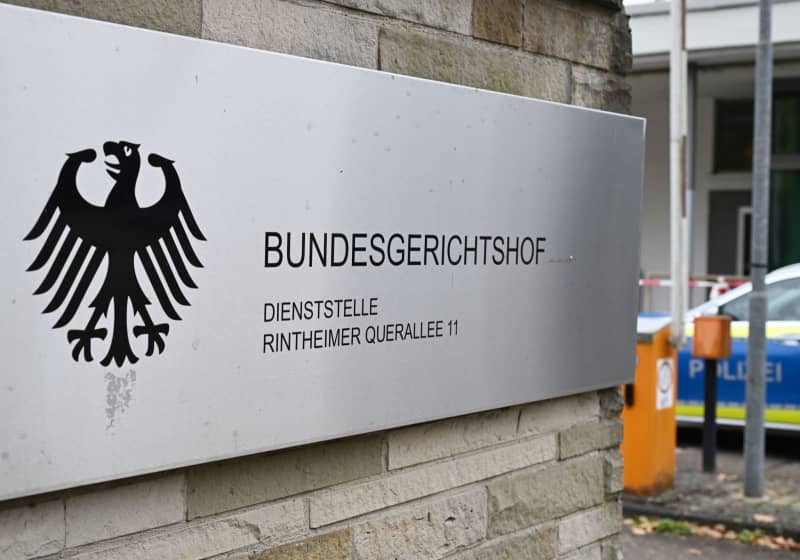An alleged leader of a violent left-wing extremist group in Germany, identified under privacy laws as Johann G, has been placed in pre-trial detention following his recent arrest. The detention was ordered by an investigating judge at the Federal Court of Justice (BGH) situated in Karlsruhe. The Federal Prosecutor’s Office expressed that Johann G is accused of being a member of a left-wing extremist organization, which has reportedly engaged in violent activities targeting individuals associated with what they perceive as the “right-wing scene.” These actions have raised significant concern regarding domestic terrorism and political extremism in the country.
Johann G is believed to have been a key figure in a group based in Leipzig, known for its association with student Lina E, who has also been linked to various acts of violence. According to the prosecutor’s office, Johann G held a “prominent position” within the organization alongside Lina E. The group in question is described as being well-coordinated and operating across different regions, engaging in violent attacks during 2019 and 2020. The nature of these attacks, which resulted in injuries to many individuals, indicates a high level of planning and intent, including surveillance of selected victims prior to carrying out violent acts.
The ideology of this group is characterized by a strong militant left-wing stance that fundamentally opposes the current democratic constitutional state. They are said to reject the principles of free speech and the state’s authority to enforce laws, which reflects a radicalization that could have serious ramifications for societal order and peace. Johann G and his associates are accused of embodying this extremist ideology through their violent actions, contributing to a climate of fear and aggression against perceived ideological opponents.
In addition to historical activities, Johann G is also charged with participating in an attack in Budapest, Hungary, in February 2023. This incident involved targeting individuals whom the attackers believed to be affiliated with the right-wing scene, leading to several injuries. Such cross-border actions suggest that the group’s influence and violence extend beyond Germany, presenting a growing challenge for law enforcement and intelligence agencies in addressing political extremism.
The charges against Johann G are severe and include participation in a criminal organization, grievous bodily harm in concert with others, breach of the peace, and property damage. These accusations underscore the serious legal implications of his actions and the broader risks posed by such extremist movements. The systematic targeting of individuals based on their political views raises questions about civil rights and the extent to which political dissent can be expressed without fear of violence.
As investigations continue, the case against Johann G could serve as a crucial litmus test for how Germany and Europe at large handle left-wing extremism, amidst a rising tide of political radicalization. This situation highlights the necessity for a comprehensive approach to combating all forms of political violence, ensuring that democratic values and the rule of law are upheld. The developments surrounding Johann G and his group will likely provoke discussions on accountability, counter-extremism strategies, and safeguarding democratic integrity in a polarized socio-political landscape.

